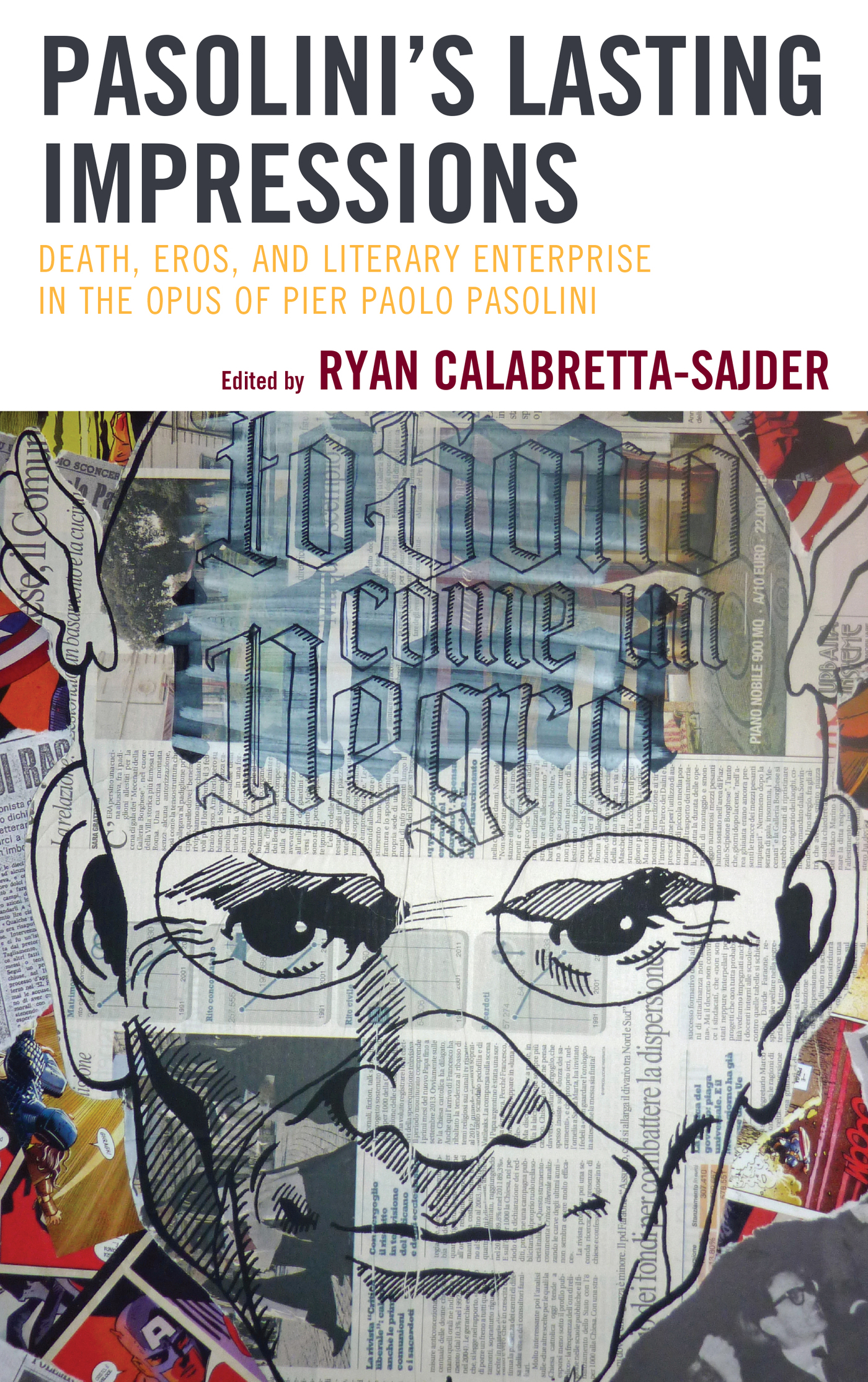Pasolinis Lasting Impressions
The Fairleigh Dickinson University Press
Series in Italian Studies
General Editor:
Dr. Anthony Julian Tamburri,
Dean of the John D. Calandra Italian American Institute
The Fairleigh Dickinson University Press Series in Italian Studies is devoted to the publication of scholarly works on Italian literature, film, history, biography, art, and culture, as well as on intercultural connections, such as Italian-American Studies.
On the Web at http://www.fdu.edu/fdupress
Recent Publications in Italian Studies
Ryan Calabretta-Sajder (ed.), Pasolinis Lasting Impressions: Death, Eros, and Literary Enterprise in the Opus of Pier Paolo Pasolini (2018)
Robert Pirro, Motherhood, Fatherland, and Primo Levi: The Hidden Groundwork of Agency in His Auschwitz Writings (2017)
Theodora D. Patrona, Return Narratives: Ethnic Space in Late-Twentieth-Century Greek American and Italian American Literature (2017)
Ursula Fanning, Italian Womens Autobiographical Writings in the Twentieth Century: Constructing Subjects (2017)
Gabriella Romani and Jennifer Burns (eds.), The Formation of a National Audience in Italy, 17501890: Readers and Spectators of Italian Culture (2017)
Lisa Sarti and Michael Subialka (eds.), Pirandellos Visual Philosophy: Imagination and Thought across Media (2017)
Elena Borelli, Giovanni Pascoli, Gabriele DAnnunzio, and the Ethics of Desire: Between Action and Contemplation (2017)
Gregory M. Pell, Davide Rondoni: Art in the Movement of Creation (2016)
Sharon Wood and Erica Moretti (eds.), Annie Chartres Vivanti: Transnational Politics, Identity, and Culture (2016)
Flavio G. Conti and Alan R. Perry, Italian Prisoners of War in Pennsylvania: Allies on the Home Front, 19441945 (2016)
Graziella Parati (ed.), Italy and the Cultural Politics of World War I (2016)
Susan Amatangelo (ed.), Italian Women at War: Sisters in Arms from the Unification to the Twentieth Century (2016)
Alberica Bazzoni, Emma Bond, and Katrin Wehling-Giorgi (eds.), Goliarda Sapienza in Context: Intertextual Relationships with Italian and European Culture (2016)
Tommasina Gabriele, Dacia Marainis Narratives of Survival: (Re)Constructed (2015)
Tullio Pagano, The Making and Unmaking of Mediterranean Landscape in Italian Literature: The Case of Liguria (2015)
Ernest Ialongo, Filippo Tommaso Marinetti: The Artist and His Politics (2015)
Francesco Pascuzzi and Bryan Cracchiolo (eds.), Dreamscapes in Italian Cinema (2015)
Anthony Julian Tamburri (ed.), Re-reading Italian Americana: Specificities and Generalities on Literature and Criticism (2013)
Graziella Parati (ed.), New Perspectives in Italian Cultural StudiesVolume 2: The Arts and History (2012)
Pasolinis Lasting Impressions
Death, Eros, and Literary Enterprise in the Opus of Pier Paolo Pasolini
Edited by Ryan Calabretta-Sajder

FAIRLEIGH DICKINSON UNIVERSITY PRESS
Madison Teaneck
Published by Fairleigh Dickinson University Press
Copublished by The Rowman & Littlefield Publishing Group, Inc.
4501 Forbes Boulevard, Suite 200, Lanham, Maryland 20706
www.rowman.com
Unit A, Whitacre Mews, 26-34 Stannary Street, London SE11 4AB
Copyright 2018 Rowman & Littlefield Publishers, Inc.
All rights reserved. No part of this book may be reproduced in any form or by any electronic or mechanical means, including information storage and retrieval systems, without written permission from the publisher, except by a reviewer who may quote passages in a review.
British Library Cataloguing in Publication Information Available
Library of Congress Cataloging-in-Publication Data
Names: Calabretta-Sajder, Ryan, editor.
Title: Pasolinis lasting impressions : death, eros, and literary enterprise in the opus of Pier Paolo Pasolini / edited by Ryan Calabretta-Sajder.
Description: Madison ; Teaneck : Fairleigh Dickinson University Press, 2017. | Series: The Fairleigh Dickinson University Press series in Italian studies
Identifiers: LCCN 2017045227 (print) | LCCN 2017047666 (ebook) | ISBN 9781683930198 (electronic) | ISBN 9781683930181 (cloth : alk. paper)
Subjects: LCSH: Pasolini, Pier Paolo, 1922-1975--Criticism and interpretation.
Classification: LCC PQ4835.A48 (ebook) | LCC PQ4835.A48 Z8375 2017 (print) | DDC 858/.91409--dc23
LC record available at https://lccn.loc.gov/2017045227
 TM The paper used in this publication meets the minimum requirements of American National Standard for Information Sciences Permanence of Paper for Printed Library Materials, ANSI/NISO Z39.48-1992.
TM The paper used in this publication meets the minimum requirements of American National Standard for Information Sciences Permanence of Paper for Printed Library Materials, ANSI/NISO Z39.48-1992.
Printed in the United States of America
I would like to dedicate this collection to William Van Watson (19592014), who was one of the groundbreaking Pasolini scholars in North America. At Pier Paolo Pasolinis funeral, Alberto Moravia stated the following:
Poi abbiamo perduto anche il simile. Cosa intendo per simile: intendo che lui ha fatto delle cose, si allineato nella nostra cultura, accanto ai nostri maggiori scrittori, ai nostri maggiori registi. In questo era simile, cio era un elemento prezioso di qualsiasi societ. (Alberto Moravia, Orazione di Moravia ai funerali di Pasolini, Corriere della sera, November 5, 1975)
Then we lost our counterpart. What do I intend for counterpart: I mean that he did things, he aligned himself with our culture, alongside our most noted writers, our greatest directors. In this he was our counterpart, therefore he was a precious element of any society.
Recalling Pasolinis nature as a poeta civile, this citation underscores the great loss to Italian society. As a Pasolini scholar who also had various other interests, Van Watsons contribution to the field of Italianistica was grand, and his imprint, like Pasolinis, will be everlasting.
Van Watson held a PhD in theater, with secondary areas in both film studies and Italian from the University of Texas, Austin. He devoted the early part of his scholarly career to Pasolini, in particular to his theatrical opus. He spent the larger portion of his career examining cinemamostly Italian, but his research even extended beyond the Mediterranean. As a true thespian in every aspect of his life, Van Watson inspired nearly three generations of students across various disciplines. Moreover, he introduced and utilized new theoretical approaches to Italian studies, including a variety of gender theories. Although Van Watson is no longer with us, he and his works will never be forgotten.
Acknowledgments
The publication of this collection never would have been possible without the assistance and support of several people. First and foremost, I would like to thank all of my collaborators. They are the fabric of the volume presented here. This experience has been a partnership, through which I have enriched my knowledge of Pier Paolo Pasolini and Italian culture, history, and politics. This collection provides a plethora of thought-provoking discussions founded on Pasolini studies and will initiate new theoretical directions in the field, attesting that even forty years after Pasolinis assassination, his opus continues to influence contemporary Italian culture.

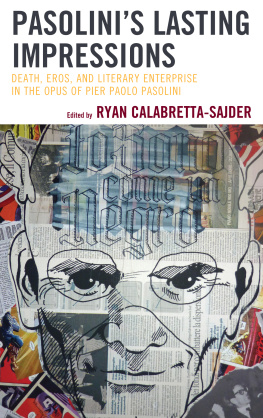
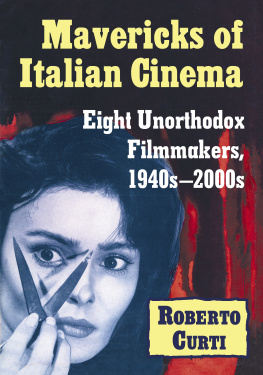
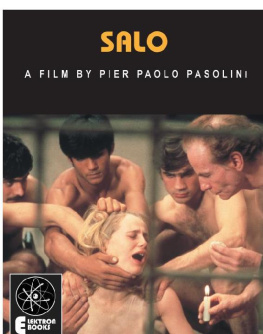
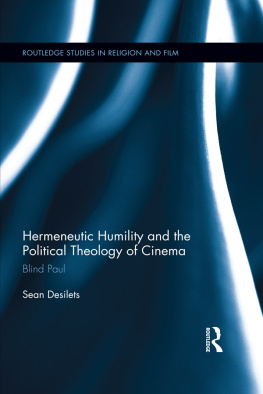
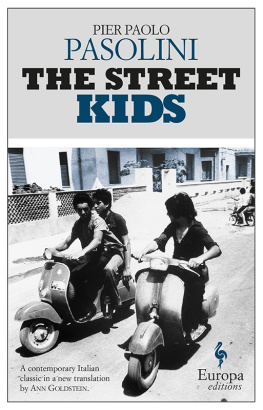
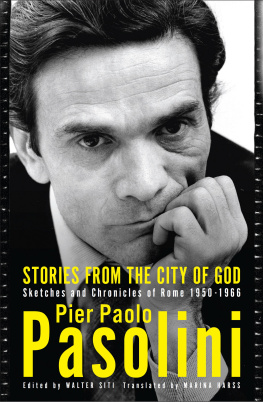
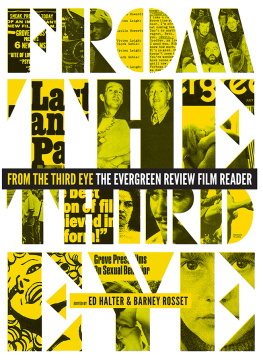
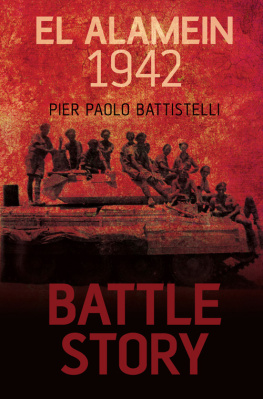

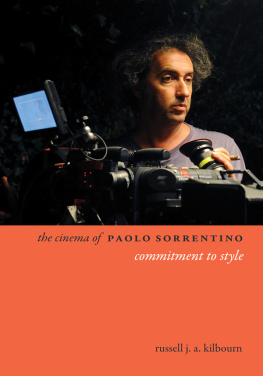
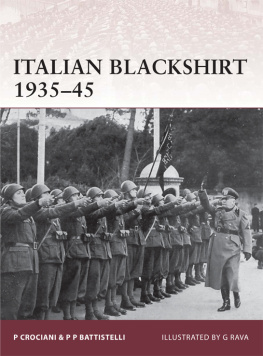

 TM The paper used in this publication meets the minimum requirements of American National Standard for Information Sciences Permanence of Paper for Printed Library Materials, ANSI/NISO Z39.48-1992.
TM The paper used in this publication meets the minimum requirements of American National Standard for Information Sciences Permanence of Paper for Printed Library Materials, ANSI/NISO Z39.48-1992.